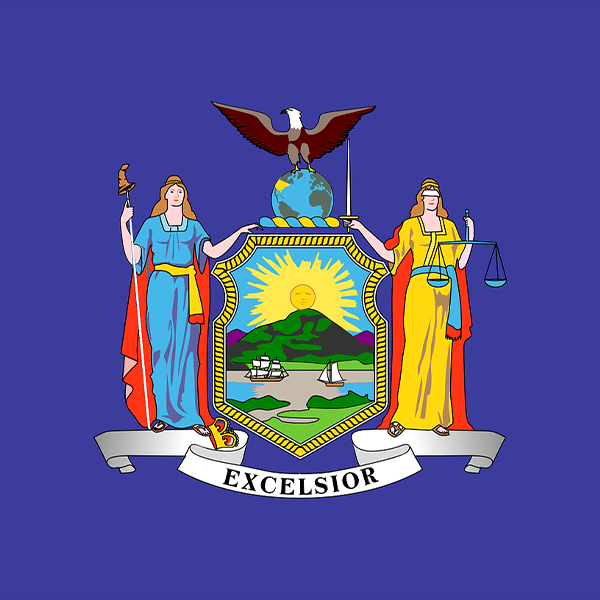The third round of applications in the federal Public Wireless Supply Chain Innovation Fund has seen a strong response. Ninety-four applications requesting almost $3 billion were received in this round, which has a budget of $450 million.
The applications included proposals for more than $1.3 billion in private investment.
The funding will go toward industry-specific use cases and integration of automated solutions for open and interoperable radio access network (Open RAN) equipment, according to a press release from NTIA, which administers the program.
This round will focus on two key areas, NTIA said:
- Software solutions that utilize data from Open RAN interfaces and/or leverage Open RAN-specific innovations, such as the RAN Intelligent Controller (RIC), to drive energy efficiencies, cost savings, productivity gains, or other value for industry verticals (e.g., utilities, mining, manufacturing, unmanned aviation).
- Software solutions that reduce the cost and complexity of multi-vendor integration through automation.
The Public Wireless Supply Chain Innovation Fund is part of the CHIPS and Science Act of 2022. The first two rounds awarded more than $550 million to 35 projects. The first round focused on supporting testing, research, development, and establishing evaluation facilities, while the second round focused on driving innovation and commercialization in open radio units.
“Promoting innovation in wireless networks is key to increasing America’s technological leadership and reducing the influence of our adversaries,” Adam Cassady, Acting Assistant Secretary of Commerce for Communications and Information and Acting NTIA Administrator, said in the press release.
“This round of funding is about driving forward the adoption of open and interoperable networks so that American businesses can thrive in the market for wireless equipment.”
The deadline for the applications was April 16. The NTIA says that it anticipates making awards this year.
The second round in the wireless supply chain fund also had a strong response. It drew 227 applications requesting almost $3 billion, according to apress releaselast August.
The total budget for all funding rounds in the program is $1.5 billion.



